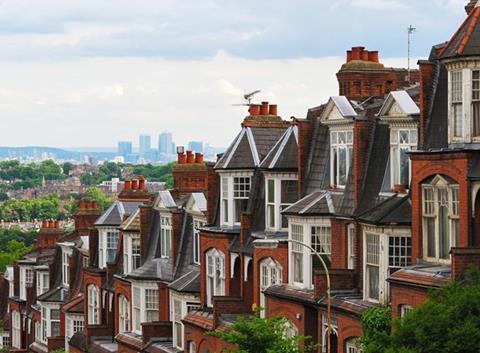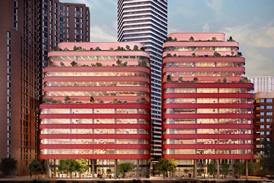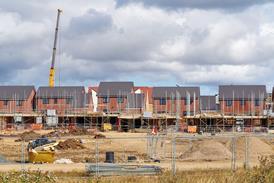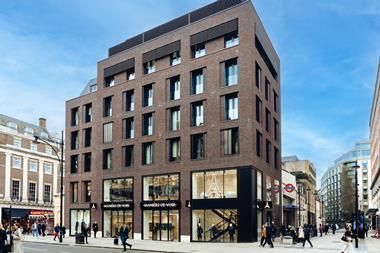Following London mayor Sadiq Khan’s proposal of rent controls, Shakespeare Martineau’s Rachel Gwynne looks back at the Freehold Properties (Management Charges and Shared Facilities) Bill introduced to parliament last year.

The Bill attempts to address ‘fleeceholding’, the issue of freeholders on communal estates being charged unreasonable estate management fees by managing agents.
The Bill proposes to introduce a cap on estate maintenance fees, ensure shared facilities are maintained to an adequate standard and make provision for the self-management of communal areas by resident groups. This measure would be welcome news for freeholders, however, it could have far-reaching implications for this currently unregulated area of the UK housing sector.
The payment of maintenance fees for communal spaces, such as roads, grass verges, electric gates, and playgrounds, is a common feature of many private housing developments. Developers who own the private estates often sell contracts to management companies who then charge homeowners for the upkeep of the land. It has been estimated that over 1.3 million households are affected by estate fees.
Whilst it is clear that the land needs to be maintained for the benefit of its occupants, concerns have been raised that the fees being demanded are, more often than not, disproportionate to the services provided. While fees vary according to location, developer and management company, they usually fall in the region of £100-£450 per household, per annum. Furthermore, residents have no input into the amount of work undertaken or the service provider chosen, as companies have no obligation to keep costs down or provide evidence of the services they have carried out.

In the past developers would have funded a housing development, with the council managing roads and public areas. However, cash-strapped local authorities can no longer afford to ‘adopt’ the new public areas and take on the responsibility for maintenance funded through council tax. This has left developers fearing that asking local councils to take on these costs may impact the process for gaining planning permission. Due to this, the private estate model has become the norm for new-build estates, with developers retaining communal green spaces, which are then managed by property companies who pass maintenance, service and management charges on to home owners.
The Freehold Properties Bill aims to provide greater transparency across the board. Homeowners wish to know how the fees are calculated, the reasoning behind any increases and who to communicate with if they find that the service begins to deteriorate. At present, this space is completely unregulated, leaving homeowners with no rights should they be dissatisfied with the service or find that their fees are increasing.
Moreover, the debate has raised the case for greater transparency around the information offered to purchasers. Estate fees are often included as covenants in the transfer deeds on freehold properties, however many homeowners are unaware of their existence until a bill arrives. This leaves homeowners confused and with additional costs that they may not have taken into account when purchasing their home.
The Bill follows the Government’s proposals for a ban on the sale of new leasehold houses and the decision to impose a £10 statutory cap on ground rents for residential long leases. While leaseholders now have some, be it very limited, statutory protection, freeholders still have very few options. The Bill aims to help address this imbalance by introducing measures to regulate the fees charged, ensure the standard of communal facilities is adequate and provide the option for freeholders to self-manage communal areas if they so wish.
In a market that already lacks confidence over Brexit, these unresolved challenges only add more confusion. Buyers, developers and investors must begin to understand how things are going to change in order to allow everyone to plan ahead and reach an agreement that is fair for all involved.
Rachel Gwynne is head of social housing at Shakespeare Martineau






























No comments yet